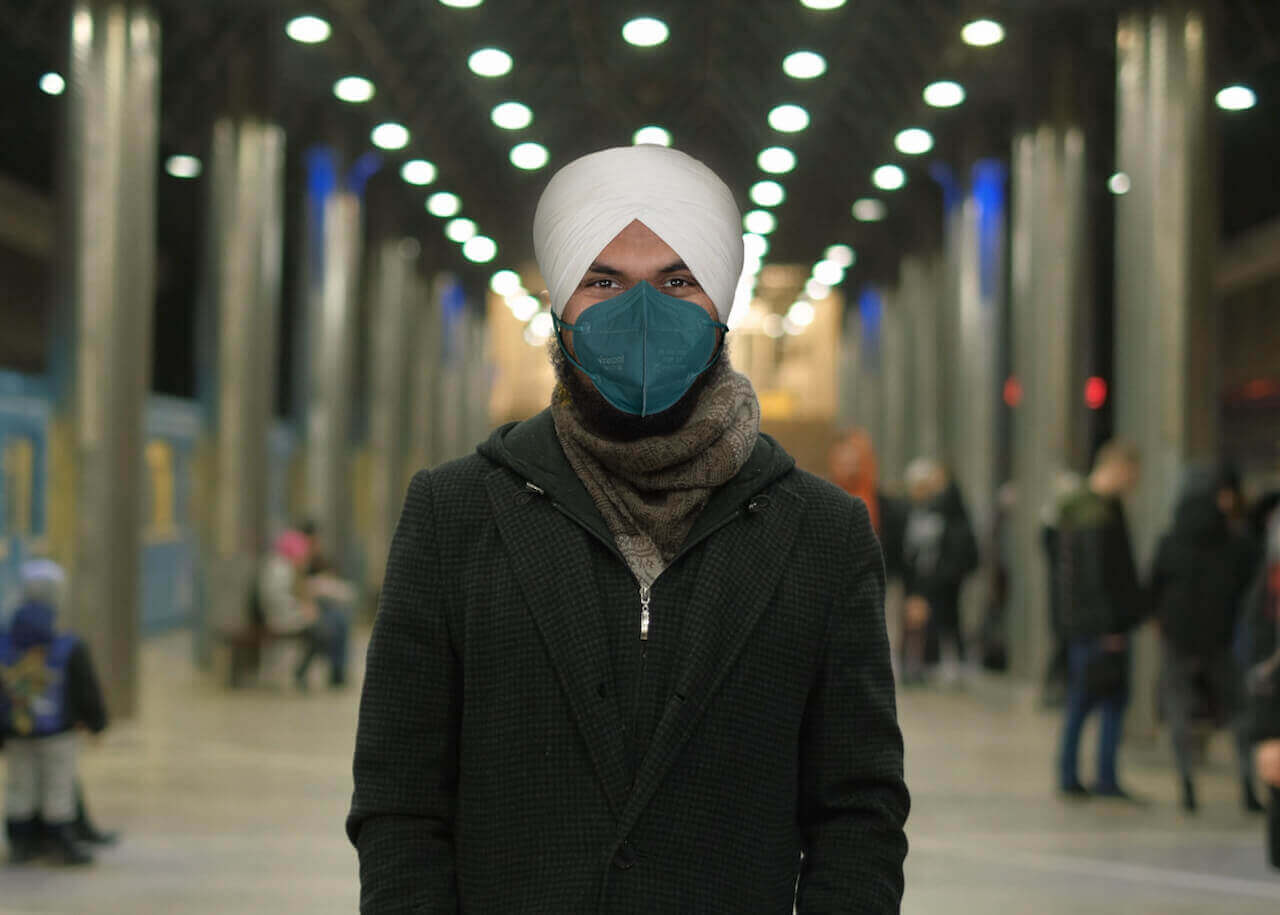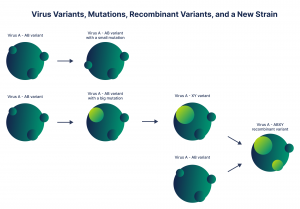19-Aug-2022
ViraCoat’s Neutrapodal Coating Protects Against All Known COVID-19 Variants

Key Definitions
Mutation: A mutation is a single change in the genetic code of a virus. Mutations happen frequently and can make the virus more transmissible or better at evading our immune systems and vaccines.
Variant: With enough of a mutation from the original genetic code, a virus will be deemed as a new variant.
Strains: If a new variant is sufficiently different to the original virus in terms of its function, it can be referred to as a new strain of the virus. So, all strains are variants, but not all variants are strains.
Recombinant: A new variant that is the result of two variants combining during the viral replication process and that is different from both parent lineages.
Viral envelope: The viral envelope is the outermost layer of many kinds of viruses. It acts as a protective shell around the key genetic materials of a virus as it moves between hosts.
Viruses like COVID-19 continually evolve and ‘mutate’ over time. As viral particles are transmitted between people and replicated, elements of their genetic code change. Sometimes this change is small and is just a slight mutation with no great effect. Other times the mutation is larger resulting in a new variant.
Over the past two years with SARS-CoV-2 running rampant in our communities, we’ve seen several variants, some of which have been more deadly or transmissible than others. Those of note are Alpha, Beta, Delta, and Omicron.
Our Neutrapodal™ Technology has been tested against all of these variants and others, consistently maintaining its 99.9% efficacy.
If a vaccine can’t protect against all variants how can your mask?
Once a virus has entered the human body, it begins to work differently than it does when it’s merely on an external surface. This means the mechanism behind our Neutrapodal™ Technology can actually be quite generic in the way that it attacks viral particles.
The outermost layer of SARS-CoV-2, also called the ‘envelope’, is largely the same in constitution regardless of the variant. Our innovative coating has properties that work to destroy this protective shell that surrounds viral particles. Once the shell has holes in it and its portability is disturbed, it means the virus can’t continue to survive on the surface it’s attached to.
The future of coronavirus variants – can we stop them from occurring?
As long as the virus continues to spread among populations, whichever country that may be in, it will continue to mutate and potentially transform into a new variant. Without eradicating the virus globally, coronavirus will likely end up similar to the flu with new variants each year and, potentially, new vaccines each year.
There are organisations working to protect at risk populations and reduce the spread of coronavirus. However, until this happens we will continue to see new variants and there’s no way of knowing exactly how transmissible or deadly they will be.
By continuing to wear face masks when out in public, even though it may feel like ‘covid is over’, you can help keep case numbers low and, therefore, help reduce the likelihood of new variants emerging and spreading.
